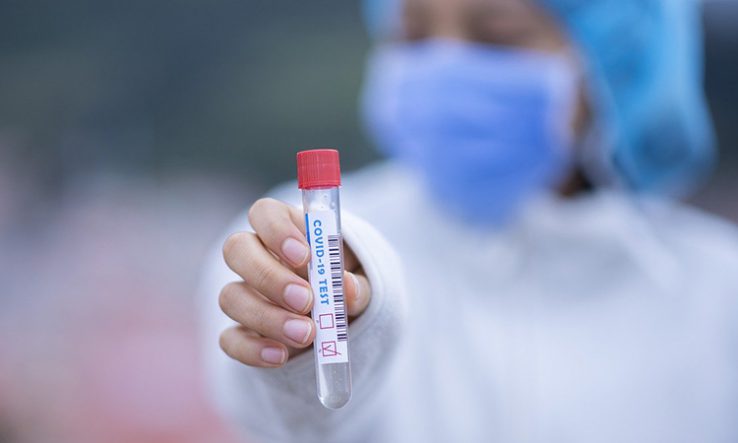
Travel bans hinder inflow of foreign ‘experts’ and give locals space to shine
The Covid-19 pandemic is presenting African scientists with the chance to disrupt the way that global science is being done, and their part in it, a webinar heard on 13 July.
The webinar, organised by the University of Cape Town and featuring scientists from, and working with, Africa, discussed whether the current disruption to higher education can help the continent “reimagine” its approach to partnerships and research leadership.
As campuses close and classes and meetings move online in response to the pandemic, international partners are “more important to us than ever before”, UCT vice-chancellor Mamkgethi Phakeng told webinar participants.
But this is also the time to ask disruptive questions to redress imbalances in the system, she said. “We are asking whether we can seize the moment and figure out what it will take for African scientists to lead.”
Kelly Chibale, director of the UCT’s H3D drug development research centre, said Africa needed to work on its infrastructure. By this he meant not just the buildings and equipment needed to support cutting-edge research, but also institutional and financial systems to handle grants, and human resources to staff institutions adequately.
That’s not to say African research institutes need to be one-man-bands that can do everything, he added. “The important thing is to focus on what you have, where you have it, and what you can do with that. Then you can tap into what you don’t have through your network of partners, and money will follow this.”
Kevin Marsh, a professor of tropical medicine at the University of Oxford in the United Kingdom who has spent 30 years doing medical research in Kenya but who is currently marooned in Oxford due to travel restrictions, agreed that Covid-19 had shone a spotlight on how decades of investment have resulted in growing African readiness to lead research.
The difference between the Ebola outbreaks in West and Central Africa and the current pandemic is that this time foreign experts cannot be flown in from abroad to lead efforts, Marsh pointed out. He said Covid-19 has not driven African leadership on research responses to the pandemic, but it has “given a space” for that expertise to shine.
However, Catherine Odora Hoppers, a professor in development education at Gulu University in Uganda who is also affiliated to the University of South Africa, said true African leadership in research requires the continent to “reconcile” its own knowledge traditions with those introduced by colonisers, since the latter laid the foundations for today’s African universities and research institutes.
“We know that the knowledge system we practice has its origins in the West. If we seriously want to embrace Africa we must embrace ourselves. We must reconcile with ourselves in Africa, and then we can lead with authority,” she said.